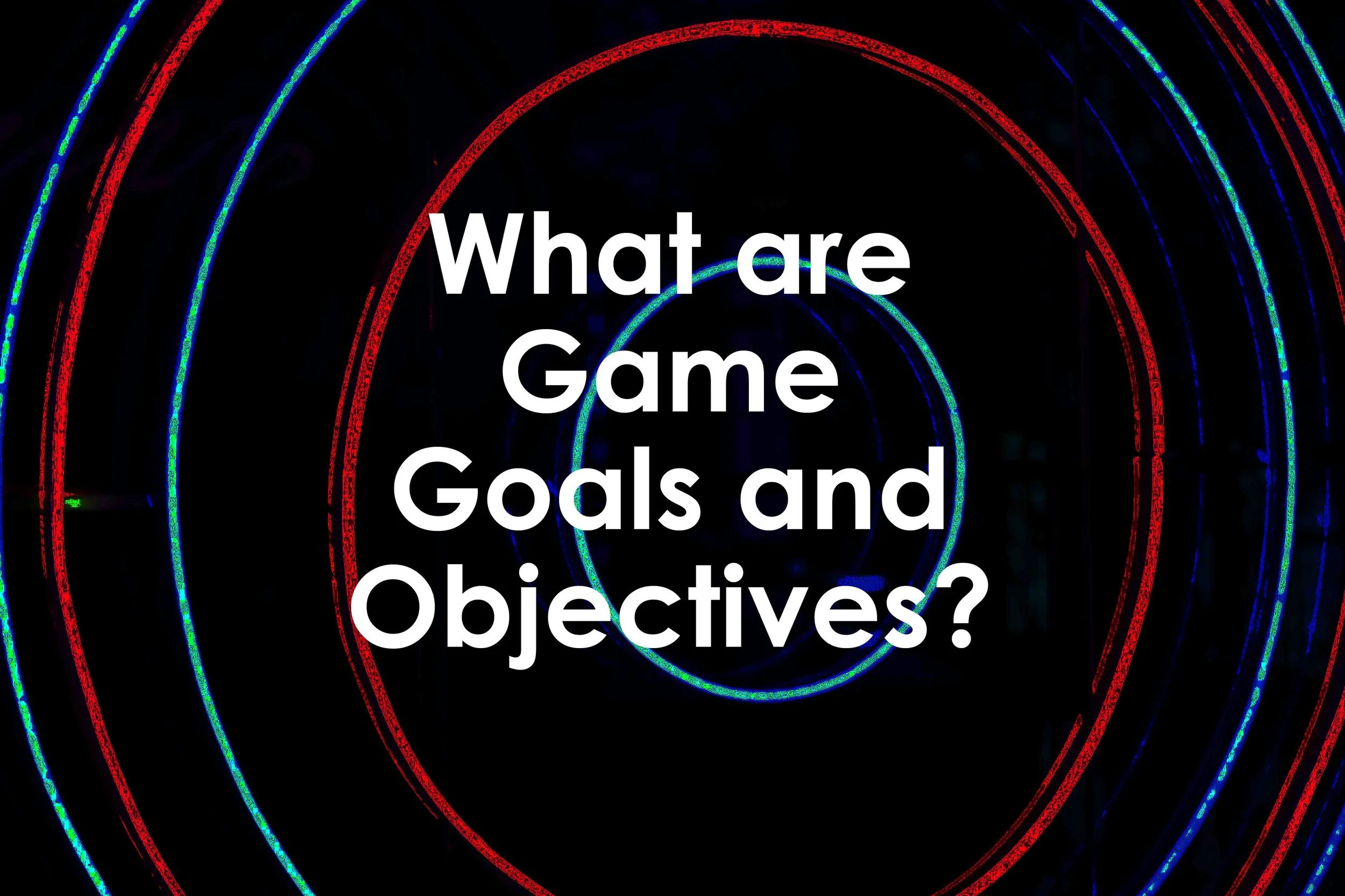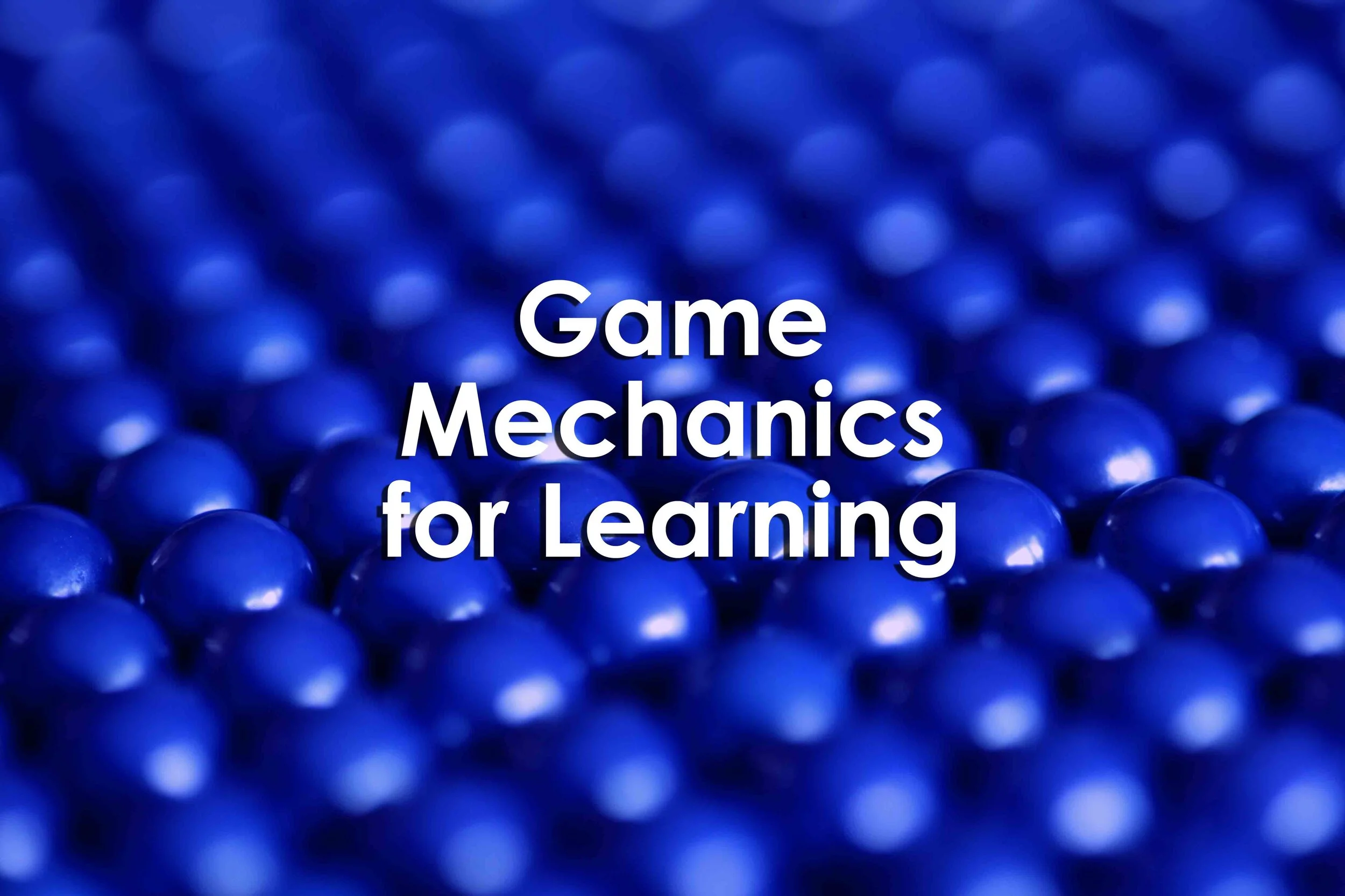This article will address how to develop, adapt, and apply existing and new games for these purposes. It’ll first cover the overall applications of games-based learning and then cover examples on how formal game elements and different criteria can be used to meet these learning outcomes. Specific types of games, formats, and modalities will be explored as well as how their specific characteristics benefit applied games-based learning. Furthermore, specific steps for how to prepare to use and design games for learning outcomes will be discussed.
Read MoreThis article will explore the player journey. It’ll start by defining this term and outline reasons for its importance. The player experience is an important aspect of the player journey. Therefore, it’ll be examined in depth as it relates to individual motivations and how they affect both goals and achievements during the player journey.
Read MoreThis article will define player engagement and relate it to its roots in understanding player motivation. Player engagement has most to do with the amount of time that players engage with the game and how their investment best relates to the player experience. That player’s experience is informed by multiple sources. They include interaction and how players augment the game; how players receive and interpret feedback, and how challenges and difficulty are scaffolded and presented to players through games and games-based learning.
Read MoreWhat makes the “ideal” board games player? Some say that it takes someone who fully understands the rules. Others would say that it’s more about those who pay attention to the game rather than be subjected to distractions. Some feel that it’s tactical play and strategic thinking that makes the ideal tabletop player.
Read MoreThis article will also cover how game goals work in concert with player agency and how designers can take advantage of player skill development while simultaneously mitigating luck and randomness. The player experience represents the defining factor for players engaging with games for learning; so, player feedback loops as well as how failure is addressed will also be considered.
Read MoreThis article outlines and describes the flow state in the player experience. It’ll also explain the most important and influential reasons for designing for flow. Flow state is comprised of a balance of goals and feedback and how both are reflected and influenced by perceptual control. So, this article will examine how these disparate elements work together to help players engage in that state.
Read MoreThis article will define expectancy theory as well and describe its origins for understating human motivation and behavior. Motivation will also be covered as a facet of the educational process as well as expectancy theory’s origins in management as a way to better connect employee performance and rewards.
Read MoreThis article will examine game mechanics as an educator applying games-based learning. The structure of mechanics, how they are used, and the purpose of the “core loop” of games will be examined. Specific game mechanics used in gamification and games-based learning will be reviewed. Those mechanics include goals & objectives; progress & competency; feedback; and rewards. The relationship between game mechanics and goals will be examined in relationship to the player experience. Creating relatable content that applies directly to learners experiences is recommended. Lastly, playtesting will be discussed as a way to validate game mechanics for learning.
Read MoreThis article will review different areas of player feedback from play testing. It includes the steps for collecting feedback as well as how to specifically ask for actionable feedback from your playtesters. It includes the top three questions that I ask from all of my playtesters as well as common interpretations for the kinds of feedback that you’ll receive. The article will cover how to consolidate your feedback from playtesters as well as how to apply it. Review of the feedback process will be provided along with limitations of the entire feedback process.
Read More








